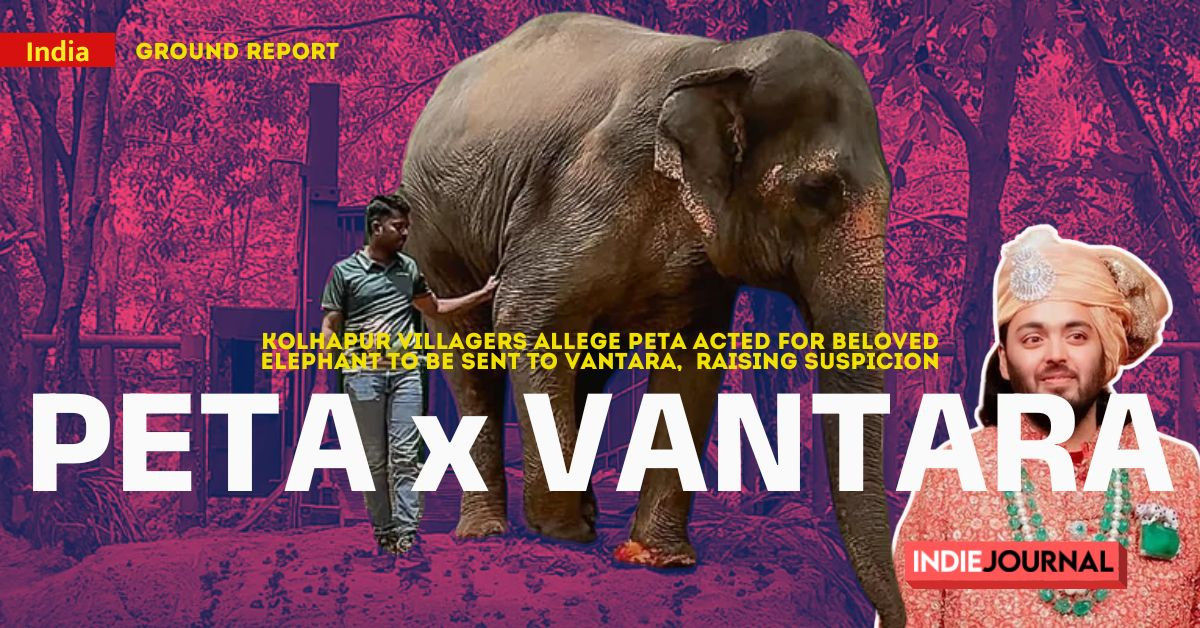India
EAC to meet twice a month, experts call it a farce
Expert Appraisal Committee will now be meeting twice a month against once a month earlier.

In a recent order, the Ministry of Environment, Forest and Climate Change (MoEF&CC) has proposed streamlining of the Environmental Clearances (EC) process in order to avoid the reasons which could apparently delay the clearance process. Several environmentalists have criticised it as a 'farce' by the Ministry in the name of streamlining.
As part of this ‘streamlining’ process, the Expert Appraisal Committee (EAC) will now be meeting twice a month, which earlier had only one meeting per month. “All EAC meetings shall be held at least twice a month to cut down the period of EC approval. There shall not be a gap of more than 15 days between two EAC meetings,” the Office Memorandum issued by the Ministry states.
“However, the EAC is already overwhelmed with all the data that they receive for project approvals when they meet once a month. They have to scrutinise around eight to 10 projects in each of these meetings, and it is difficult since the EAC does not even have any full-time members. So it is very likely that many members will not be able to make it for meetings twice a month. How will the scrutiny of the project be efficient without all the members present?” researcher Shripad Dharmadhikary of Manthan Adhyayan Kendra said.
When you drop the facade of prior appraisal, detailed scrutiny or application of mind!#Environment Ministry's new OM on streamlining, fast tracking etc etc environment #clearances!https://t.co/Bz82iAX6HK#EIA #EIA2020 #EnvironmentJustice pic.twitter.com/6xVVtChxt4
— Kanchi Kohli (@kanchikohli) November 18, 2020
Dharmadhikary also pointed out the problems with allowing the project proponents to submit the additional information and queries in the proposals upto two days in advance could severely hamper the process of studying these proposals. “All the fresh EC proposals which have been submitted up to 10 days before the EAC meeting shall be taken up in the meeting. That has always been the case, however, we have always also said that two days is too less of a time to study the basic project documents, which are around 700-800 pages long. Now, the project proponents will also be allowed to submit additional information upto two days before the meeting, further reducing the time for study and scrutiny. This will hamper the process,” the researcher added while explaining the problems of the new OM to Indie Journal.
Another issue with the new rules is that earlier, it was mandatory for the project proponents to be present for the meeting. However, the new OM does not make it mandatory for the proponents to be present.
“They are removing the time, space, and opportunity for scrutiny. Earlier, these documents also went to the Ministry for study, however, now the process seems to be whittled down,” Dharmadhikary said.
With this, the experts are concerned that the number of approvals will increase due to the lack of time and sufficient manpower for scrutiny.
“After the Government of India had released the Environmental Assessment Impact (EIA) draft earlier this year, we had submitted a proposal stating that at least 50 percent of people in the EAC, including the chairperson, must be full time. They should scrutinise and study the project proposals regularly. But the Ministry seems to be going in the completely wrong direction instead,” Dharmadhikary said.





